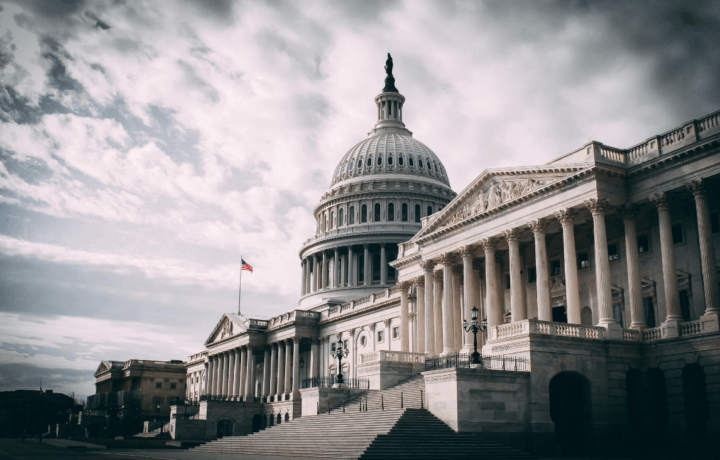If you are transitioning out of the military in the next couple of years and are undecided in what you want to do after getting out, consider getting a job with the federal government. Uncle Sam has a job for you. Veterans are well suited working for the government due to the many military-acquired soft skills, and in some cases hard skills, that transfer directly over to a federal government job.
Federal Work in Cybersecurity, For Example
Take cyber security for an example. If you worked with computer networks while in the military, much of that knowledge, experience, and training transfers directly to a similar job within the federal government. You serve your country again, but this time do it as a civilian federal employee, with good compensation, solid benefits and a rewarding career as part of a team that works at protecting the U.S. as a whole from network hacking.
The need is certainly there; as noted by the Bureau of Labor Statistics (BLS), cybersecurity is one of the fastest growing fields with a projected job growth rate of 31% between now and 2029. The demand for qualified cybersecurity candidates is far outpacing the availability of people to fill them.
For example, recently Secretary of State Mike Pompeo reported that multiple U.S. Government agencies, along with some private companies, were hacked by what is suspected to be Russian perpetrators. Some experts think that maybe China or Iran could have involved too. The discovery was made in December, but they suspect the hacking could go back as far as March. The need for cybersecurity professionals in the federal workforce will only continue to grow.
Benefits of supporting the Federal Government
Of course one noteworthy, but non-tangible benefit is you are again serving your country. There is a personal satisfaction in doing that especially if that was your reason for joining the military in the first place.
But besides that, other benefits exist that make working for the federal government a good choice for veterans:
- Hiring Preference. Veterans can claim preference points when applying for certain federal government jobs. While that doesn’t guarantee getting hired, it can raise you higher on the hiring list and increase your odds of getting on the short list.
- When working for the federal government, your time spent in the military counts towards longevity which can lead to more personal, vacation and sick days off. And time off doesn’t end there; on average, federal employees get as many as 13 more holidays (paid) per year than their privately employed counterparts. Over the course of a career that can equate to more than 1.5 years more time off. More time off not only means more time with your family, but also more time to destress, recharge and be more productive at work.
- Job Stability. Employees in the private sector are three times more likely to be terminated than are employees of the federal government. During these tumultuous times, that is reassuring to know as it takes some of the mental stress off of the employment stability question that lurks in our mind.
- Health Benefits. The Federal Healthcare Benefits Program or FHBP, offers a variety of health care plans, including dental and vision care. But where the FHBP really shines are the health care benefits available after retiring.
- Retirement Benefits. Speaking of retirement, federal government employee compensation after getting out is the best in the business. An annuity, in addition to a combination of Thrift Saving Plan (TSP) which includes employee matching up to a certain percent, and Social Security, provide a good income after retiring from federal service. And if you stayed long enough in the military to qualify for a retirement, that makes federal service that much more attractive and beneficial as a civilian career choice.
Transition From Military to Federal Employee
In short, Uncle Sam needs you and has a place to use your military-acquired skills. If you are undecided about your post-military career choice, the federal government is a great employer to consider.


